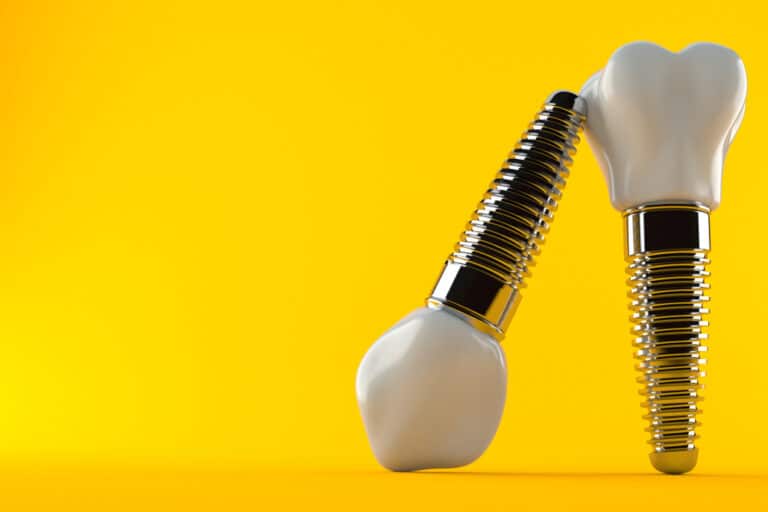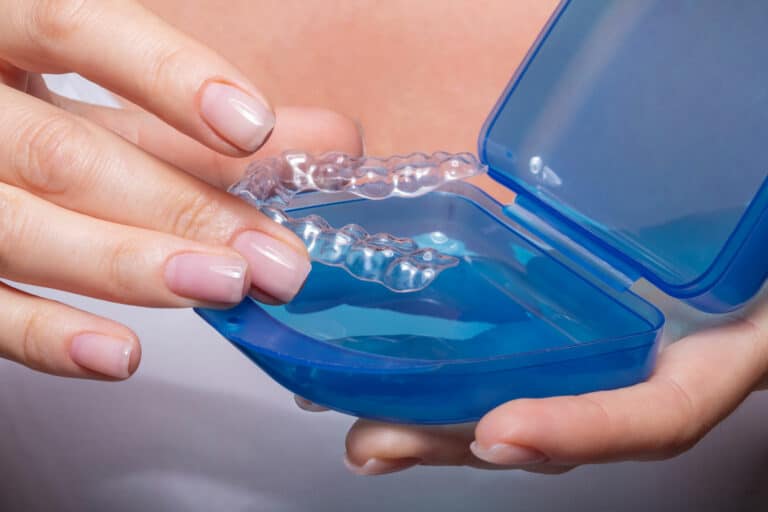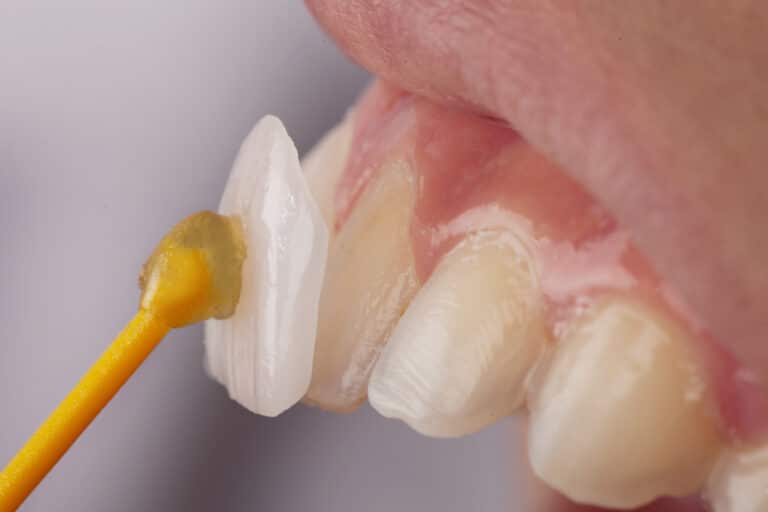The aging process is hard on your mouth, gums, and teeth. With age, teeth can become brittle, leading to cracks and chips. As you get older, the risk of oral cancers increases. Gum disease, rapid decay, and receding gums are common in seniors, and contribute to loose and missing teeth. Fortunately, there are many effective dental treatments available to seniors today.
Proper Dental Habits
The first step to any treatment plan is healthy dental habits. Some easy ways to keep your teeth healthy are:
- Brushing your teeth twice a day
- Flossing once a day
- Using a soft-bristled toothbrush, along with fluoride toothpaste
- Using mouthwash
- Eating a healthy diet
- Regular dental check-ups and professional dental cleanings
- Seeking dental care as soon as a problem is discovered
Missing Teeth
The majority of the senior population who visit our Queens cosmetic dentistry practice has experienced the loss of one or more teeth. Patients with missing teeth often feel insecure when smiling and talking. In addition, bone loss, shifting teeth, and crowding may result from tooth loss. For all of these reasons, it is important to replace missing teeth.
Dentures
Traditional dentures are replacement teeth that can be taken in and out of your mouth. They are custom made based on an impression of your jaw. Full dentures feature a flesh-colored acrylic base that fits over your gums. The base of the upper denture covers the roof of your mouth, while the base of the lower denture is shaped like a horseshoe to accommodate your tongue.
There are three types of dentures:
- Conventional full dentures: All of your teeth are removed. It will take months for the remaining tissues to heal. During this time you will be without teeth. You may wear the dentures after the healing process is complete.
- Immediate full dentures: Immediately after all of your teeth have been removed, a full denture is worn. The denture will need to be re-aligned after the healing process is complete.
- Partial dentures: Replacement teeth are attached to a pink or gum-colored plastic base, connected by metal framework that attaches to your natural teeth using metal clasps or precision attachments. Crowns may improve the fit of partial dentures, and are usually required when using precision attachments.
Dental Bridges and Porcelain Crowns
Dental bridges are used to fill the space left by one or more missing teeth. A dental bridge consists of an artificial tooth supported by crowns that are attached to the natural teeth adjacent to a gap. Dental bridges can also be attached to dental implants.
Porcelain crowns are versatile in their many uses, and may be used in many treatment plans. They can be used to:
- Reinforce weakened and cracked teeth
- Preserve the remaining tooth structure in damaged teeth
- Restore the shape, appearance, and function of damaged teeth, such as in root canal therapy
- Cover the entire surface area of the tooth
- Protect teeth from further damage
- Support dental bridges, and to top dental implants
Dental Implants
Dental implants are used to replace missing teeth. A dental implant is a titanium screw that is inserted into the jaw. It replaces the root structure of the missing tooth. This acts as an anchor for the placement of a crown, bridge, or dentures. Dental implants are sturdy, won’t damage surrounding teeth, and provide the look and feel of natural teeth.
Patients with dentures may benefit from dental implants. An unfortunate but common problem for denture wearers is the fit. Ill-fitting dentures cause undue pain and make eating difficult. Dentures supported by dental implants are more stable than regular dentures. Because of this stability, it is easier to speak and eat. Our Queens dental implant patients also do not have to worry about their dentures slipping or falling out.
Contact Astoria Dental Group Today
We offer a wide range of restorative and cosmetic treatments to enhance your smile. To learn more about how you can achieve your perfect smile, please contact Astoria Dental Group today.




